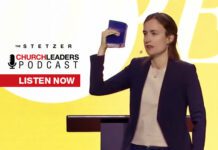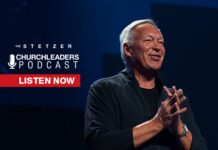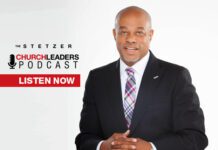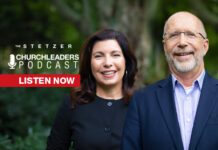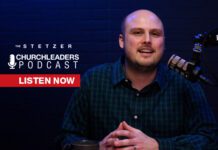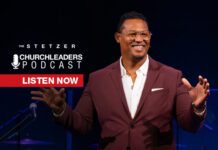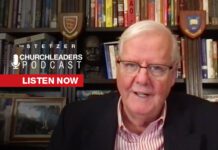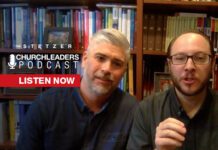“We live in a society that is fallen. We all can name it. But when we talk about the particularities of the fallenness, that’s where it gets a little fuzzy for a lot of folks. And what I’m trying to say is if we take history seriously, there is no way to deny the fact that not all people have been equitably affirmed or treated with dignity and humanity in our country’s history.”
“Privilege is real. And we’re always going to be confronted with the temptation to exploit privilege for selfish benefit.”
“There’s really three tendencies that emerge when the conversation of privilege pops up. The first tendency is to deny the privilege is real and to denounce the conversation as unbiblical.”
“When we don’t press into the conversations of privilege, then I think what we allow ourselves to do is to be content with anti-gospel realities that surround us, and we miss missional opportunities to live and love in a way that declares to the world that we belong to Jesus.”
“There are few opportunities that allow us to demonstrate that we belong to Jesus other than when we see suffering and injustice happening in communities that don’t directly impact our own.”
“What is at risk is that we become content with the status quo, which again is not aligned with the inbreaking kingdom, and we get a reputation of being the ministers in the story of the good Samaritan who had other priorities and agendas and things that we thought were more important than stopping to aid our wounded neighbor on life’s roadside.”
“In too many of our congregations, there’s this divorcing between evangelism and justice, and I love Acts 6:1-7 because it actually tells us that those things were always meant to be inherently intertwined.”
“People are watching and waiting…When our own house is in disorder in the church, they want to know that we have the integrity to live in love.”
“Life in the Egyptian Empire was categorically different for Hebrews than it was for people of Egyptian citizenship and ethnicity.”
“People who grew up and were fostered in families where bigotry and hatred and exclusion were the norm—part of the good news of the gospel is that the gospel has the power to liberate us from that.”
“If we as a church think that we get to redefine or define the terms of engagement on every single conversation, then we are only able to have a conversation amongst ourselves…we need to actually be able to have a more capacity to be able to engage the conversation in a way in which the conversation is being had without submitting our moral and ethical authority and convictions to have the conversation.”
“The conversation about privilege is really a conversation where we’re trying to say, let’s talk about the history and legacy of sin.”



